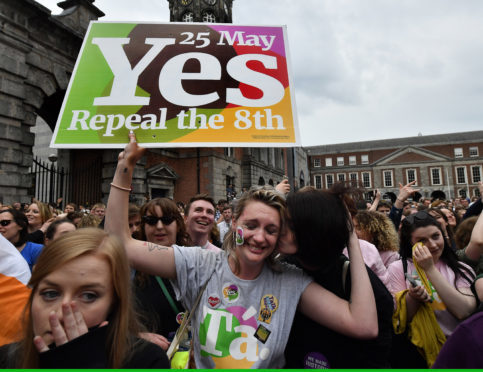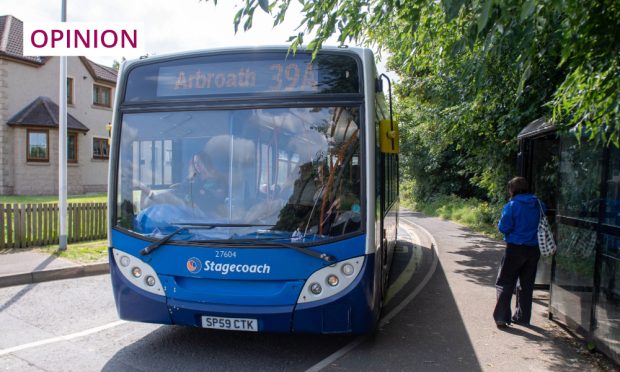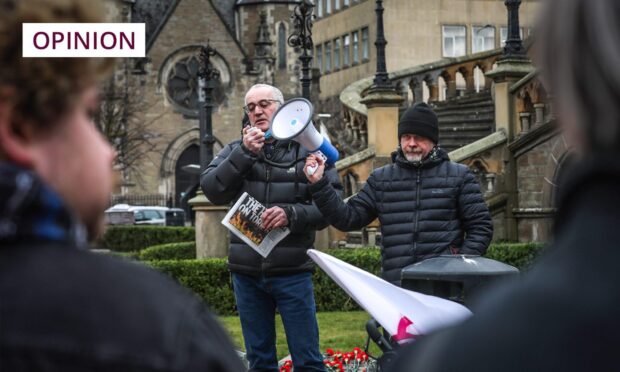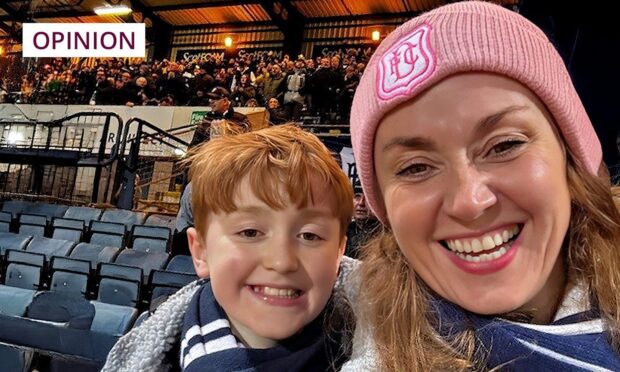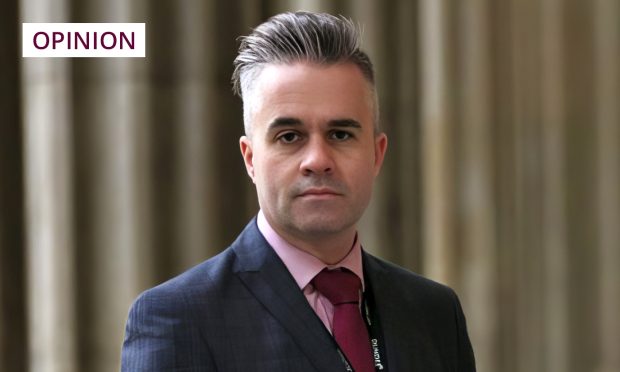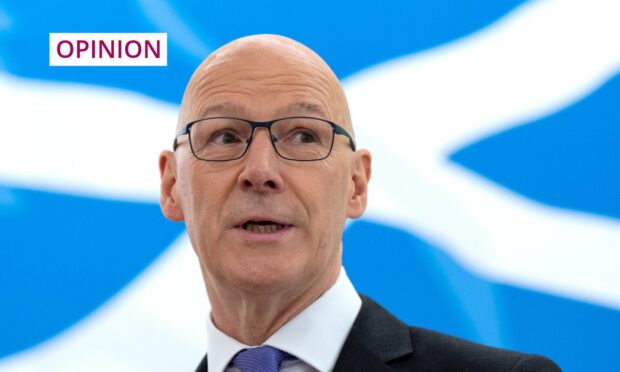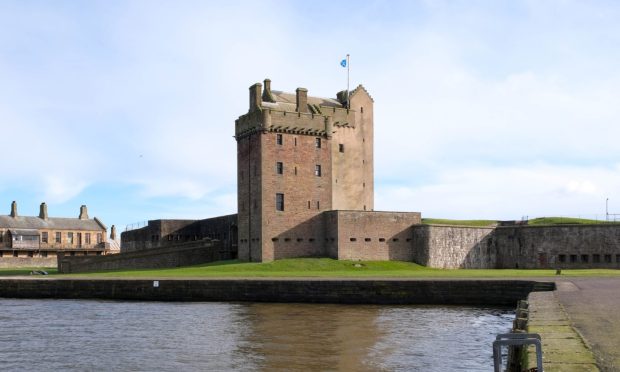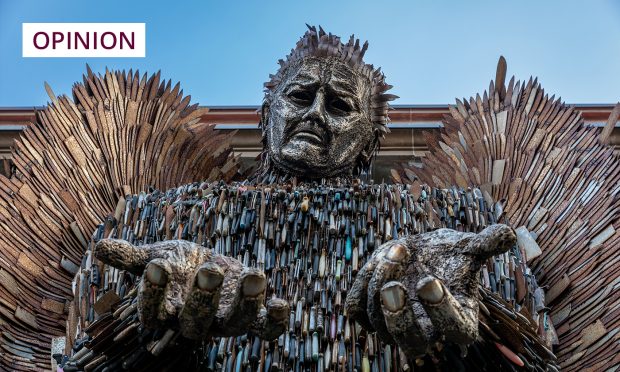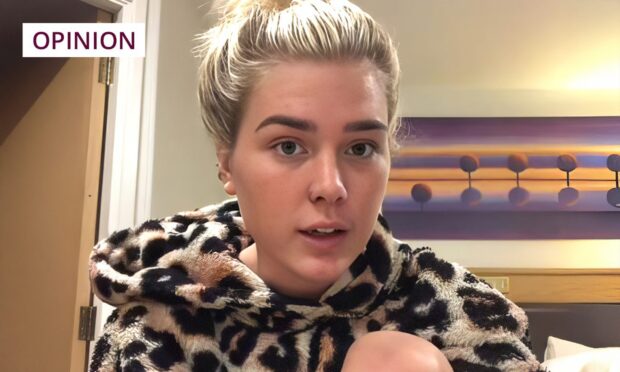“Babies are always a blessing”.
That was the unwavering message I grew up hearing, and never questioning, during my not-so-distant formative years in a rural town in Northern Ireland.
Unwanted pregnancies didn’t exist and neither did abortions – at least not on the surface of the society I was part of. To be pro-choice was to be anti-children, anti-life, anti-family.
Just over a week ago the Republic of Ireland voted overwhelmingly in favour of repealing the 8th amendment of their Constitution, which had effectively criminalised abortion in all but the rarest of circumstances.
Ever since, there has been heated debate about whether the North will follow suit on relaxing their own anti-abortion laws, which are among the strictest in the world and do not even allow terminations in cases of rape.
As much as I want to believe that will be the case, I have my doubts. While the Republic appears to be going through a “youth-quake” with the new generation embracing an increasingly liberal mindset, much of North remains socially conservative and deeply entrenched in religion. This is not meant to be a criticism of the Northern Irish people, but merely an observation based on my own experience.
Despite attending a relatively progressive school where debate was encouraged, there were many aspects of the pro-choice versus pro-life discussion that were omitted. For a start, the issue was only debated during RE classes, with arguments focusing on aspects of Christian morality and when life begins.
There was no mention of the concept of bodily autonomy or the physical and mental toll a pregnancy can have on a woman; no practical information on contraception or the ways in which it can fail; and no discussion of difficult topics such as coercion, abusive relationships or reproductive control within the latter.
Later in life, none of my peers spoke openly of how they felt about their pregnancies, despite some of them being unplanned and at a less-than-ideal stage in their lives. Most of them had the babies, while one or two quietly travelled to England to have abortions. I only found out about those through tearful, alcohol-fuelled conversations in the ladies’ loos at 2am and I must admit, I privately judged them at the time.
It was only after seeing more of the world, witnessing some of the complexities of life and generally “growing up” that I started to question the views I’d always taken for granted. Because, the uncomfortable reality is that the prospect of a baby is not always a blessing.
Thousands of women conceive through rape, failed birth control, or within abusive relationships, while some suffer horrendous complications that endanger their health.
They deserve free access to safe, legal abortions without being forced to recount their traumatic experiences to officials in the hope of being believed, deemed “worthy” and given “permission” to exercise control over their bodies, hundreds of miles away from home.
Meanwhile those who oppose abortions can continue to not have them – they haven’t all of a sudden become compulsory or desirable. The only thing that has changed is that people who need this type of healthcare will no longer be criminalised.
I can only keep my fingers crossed that Northern Ireland will embrace change, but I suspect that the battle will be even more bitter and divisive than it was in the Republic.
